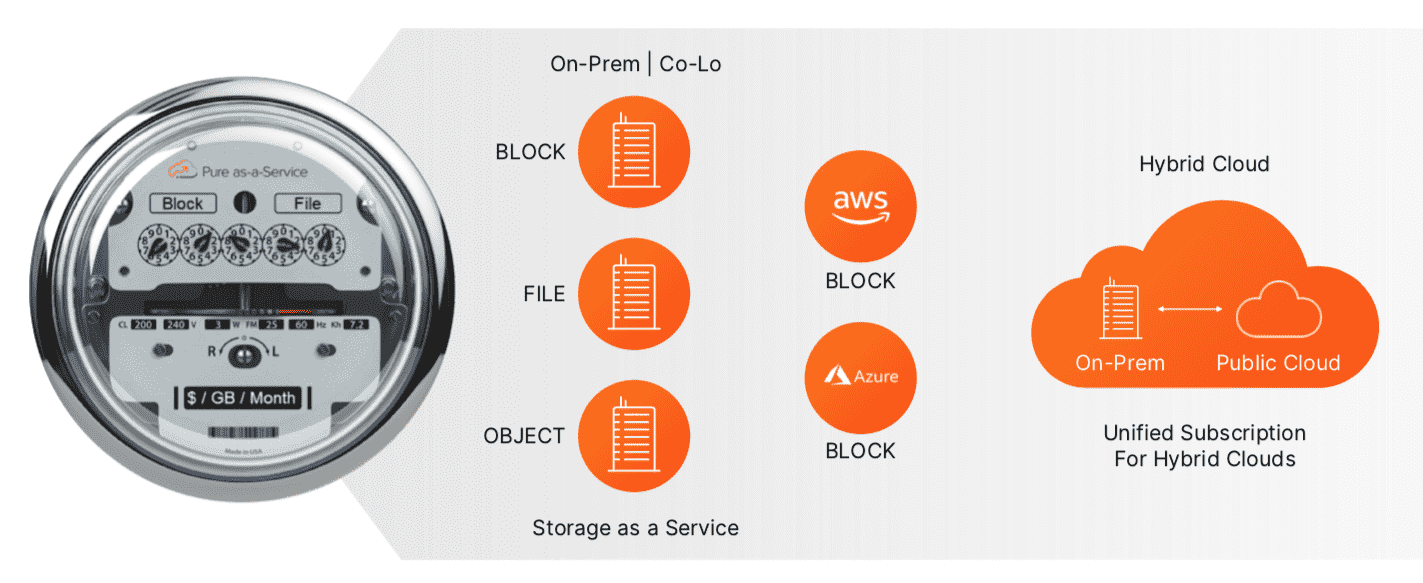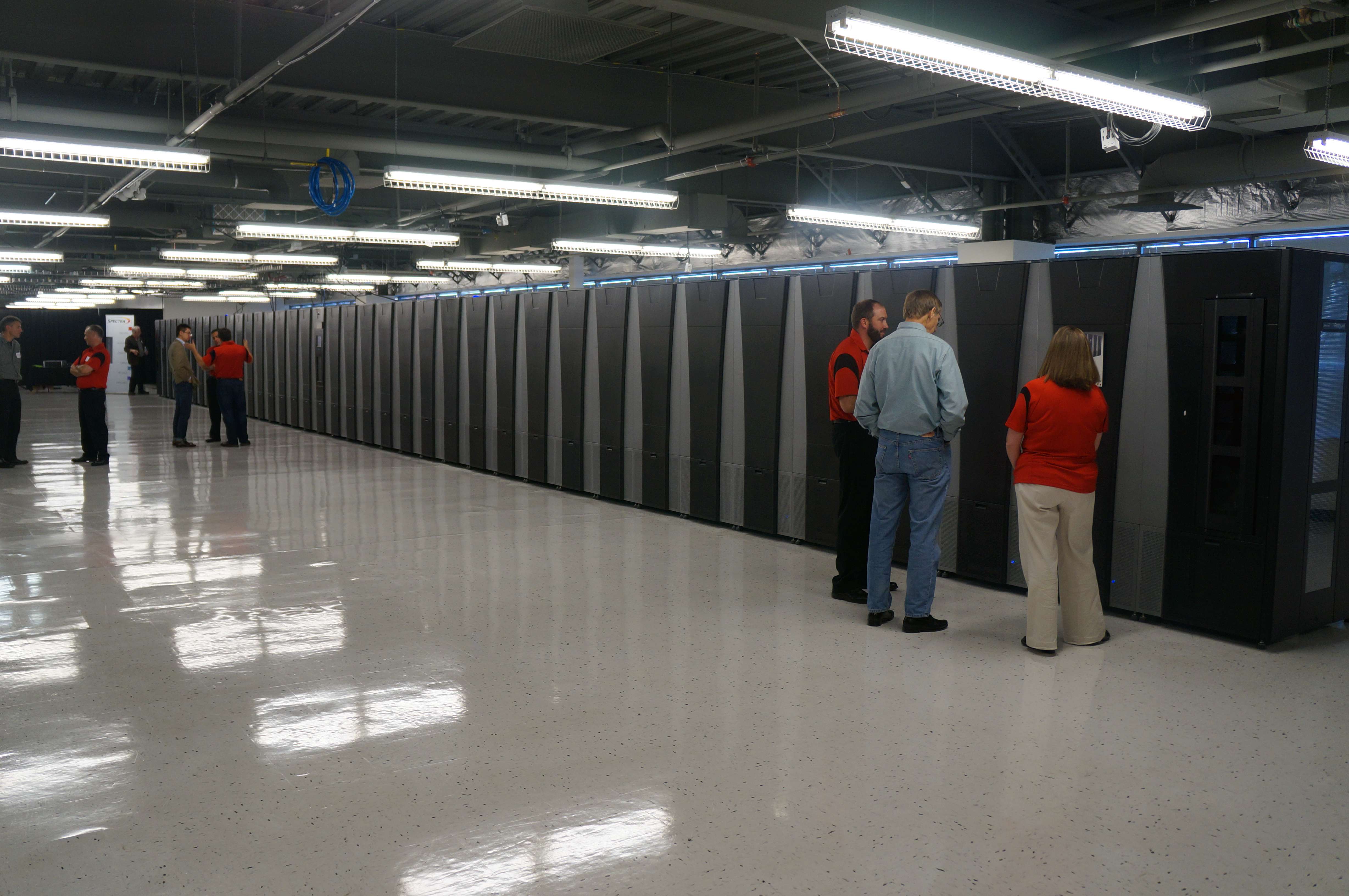This week, Martin and Chris delve into cryptocurrency mining in a lengthy discussion on Chia with Robert Novak. Chia is a new cryptocurrency technology that differs from previous online currencies in that the basis for earning rewards (or coins) is based on the volume of data stored on disk, rather than raw compute performed. Rob takes the team through a discussion of the difference between the processes that earn currency, explaining how Proof of Work and Proof of Stake has evolved to Proof of Space and Time with Chia. Rob goes on to explain how …
#202 – Enterprise Storage Consolidation with Phil Bullinger from Infinidat (Sponsored)
In this week’s sponsored episode, Chris and Martin talk to Phil Bullinger, newly appointed CEO at Infinidat. The company has reached their ten-year anniversary, shipping over seven exabytes of capacity in that time. With successful growth in every quarter during 2020, we discuss how Infinidat is helping drive the consolidation story for large enterprises and MSPs looking to optimise their storage systems. The ability to deploy entire storage arrays into customer data centres is both an operational benefit and financial tool for Infinidat. Enterprises love the set-and-forget approach, while MSPs like to pay as their …
#190 – NVIDIA BlueField SmartNICs & DPUs
This week, Chris and Martin chat to Kevin Deierling, SVP of Marketing for Networking Products at NVIDIA. SmartNICs and DPUs (Data Processing Units) are starting to become mainstream as application use-cases such as AI and analytics drive a need for greater data throughput and performance. Kevin explains the design and thinking behind BlueField, NVIDIA’s family of DPU products that combine offloaded network, storage and security functionality. Elapsed Time: 00:47:36 Timeline 00:00:00 – Intros 00:01:30 – We’re not a networking podcast! 00:02:15 – Why will we need DPUs and SmartNICs? 00:04:30 – Von Neumann is diverging …
#185 – Pure-as-a-Service 2.0 (Sponsored)
This week Chris and Martin talk to Rob Walters, GM for Pure-as-a-Service at Pure Storage. The company has recently announced upgrades and expansion of the “as-a-service” model, formerly known as Evergreen storage. The name change and the widening of the portfolio represents an opportunity for customers to see transparent pricing and a greater depth of service offerings. In this sponsored episode, we review the origins of the service and look at how that has evolved into the capability for customers to consume Pure block and file products as true services. We discuss the challenges in …
#183 – Magnetic Tape AMA (Ask Matt Anything)
This week Chris and Martin take the opportunity to grill (not broil) Matt Starr from Spectralogic to learn everything about magnetic tape. This episode came out of a discussion with Chris Mellor (episode #176) in which we asked the question why tape media doesn’t wear out. The answer is obviously within the podcast so you’ll need to listen to find out! In this conversation, the team look back at the evolution of tape but more importantly what we can expect in the future. Magnetic tape is more of an archive offering these days (although ransomware …
#181 – Is There a Future for Storage Infrastructure Companies?
This week Chris and Martin debate the future of on-premises storage infrastructure companies in light of announcements and events from IBM, Dell and NetApp. IBM is splitting in two, while Dell and NetApp have recently held virtual versions of their annual conferences. Is the on-premises infrastructure business shrinking and becoming too low-margin to be worthwhile? Martin mentions Lou Gerstner’s book – linked here – Who Says Elephants Can’t Dance? The Simpson’s episode where Mr Burns runs for Governor is “Two Cars in Every Garage and Three Eyes on Every Fish” – without a doubt a …
#180 – SmartNICs – Pliops Storage Processor
This week Chris and Martin chat to Steve Fingerhut, CMO at Pliops. Pliops has developed a “Storage Processor” in the form factor of an AIC (add-in card) that offloads storage functions from application software. This discussion looks at why the technology is needed and how Pliops has implemented the solution to drop into an existing server. The Pliops Storage Processor acts as a high-speed key-value store, implementing in the first instance features such as data compression. As a hardware accelerator, the technology reduces CPU core overhead, saves on storage and can reduce application licensing costs. …
#177 – SmartNICs and Project Monterey
This week Chris and Martin look at SmartNIC technology and the announcement of Project Monterey. SmartNICs are offload devices that provide networking, storage and security functions with additional benefits such as centralised management. VMware has announced Project Monterey, a preview solution that takes SmartNICs and offloads storage and networking tasks from the ESXi hypervisor. It’s clear from the discussion that SmartNIC technology needs to provide a “10x” benefit to the data centre. The technology is already in use by hyperscalers to deliver Public Cloud. With Monterey and ESXi 7, the private data centre can use …
#175 – IBM FlashSystem Deep Dive (Sponsored)
This week Chris catches up with Ralf Colbus from IBM to talk about the evolution of FlashSystem. The FlashSystem platform is an enterprise-class block-based storage solution that scales from SMB/SME offerings to high-end all-NVMe and SCM capable devices. At the heart of the design is the software behind Spectrum Virtualise, the SAN Volume Controller or SVC. FlashSystem now offers a standardised portfolio based on SVC. This starts with the 5010 and 5030, both SAS-based solutions that can be all-flash or hybrid flash & HDD. The 5100 upwards (including 7200 and 9200) introduces NVMe and IBM’s …
#174 – Introduction to Zoned Storage with Phil Bullinger
This week, Chris and Martin chat to Phil Bullinger, Senior VP and General Manager for the Data Centre Business Unit at Western Digital. As storage media capacities increase, recording methods are introducing challenges to maintaining resiliency and performance. SMR (Shingled Magnetic Recording) and ZNS (Zoned Namespaces) are two techniques that have developed to address the scaling issues in modern media devices. SMR is a technique for hard drives that overlays the recording area of tracks on storage media to gain increased areal density. This results in a requirement to re-write entire blocks or zones of …










